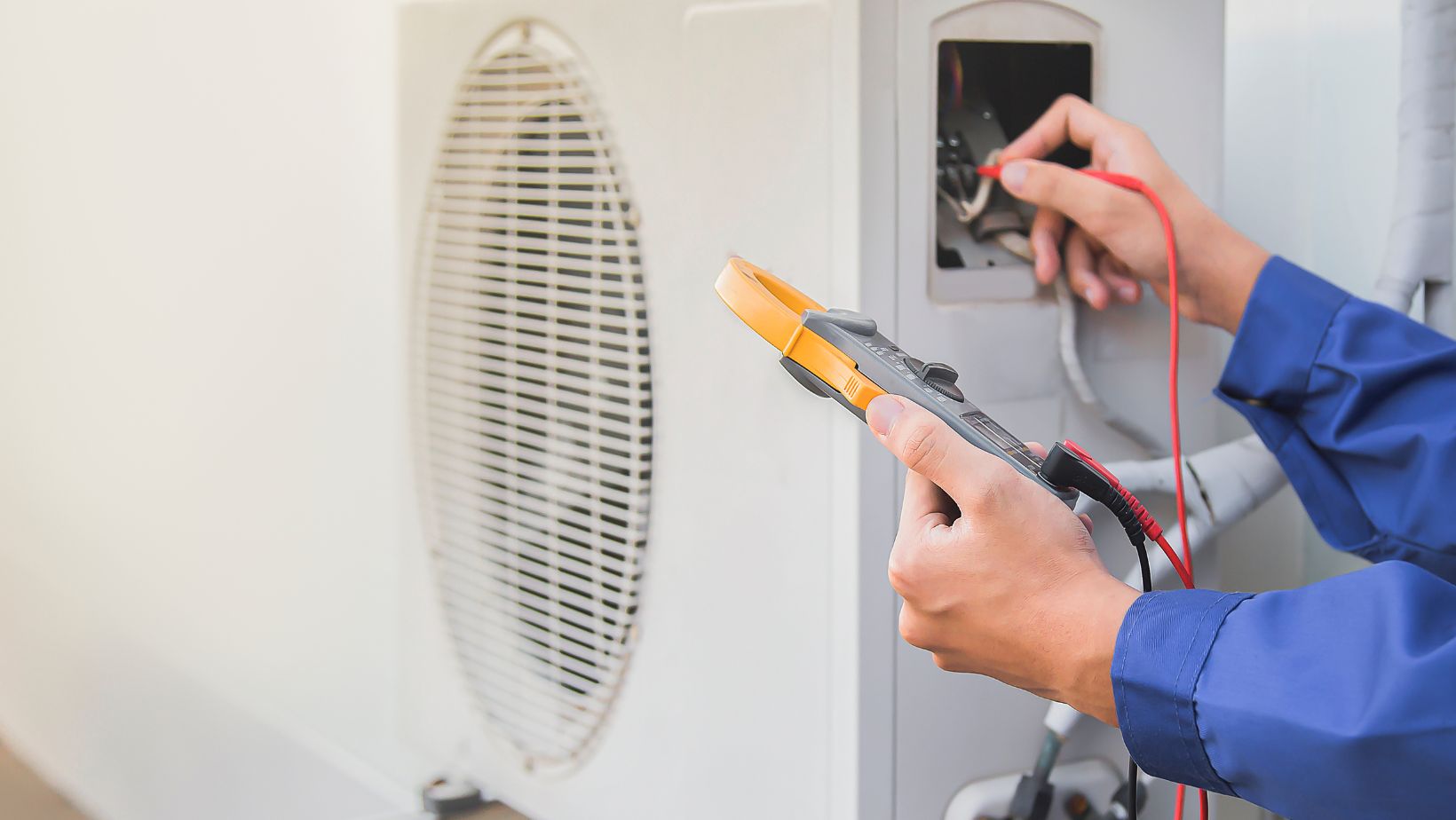Regular HVAC maintenance is essential to ensure that your heating and cooling systems operate efficiently and reliably throughout the year. Many homeowners overlook the critical aspects of HVAC upkeep, leading to unnecessary breakdowns, higher energy bills, and shorter system lifespans. Understanding common mistakes and how to avoid them can help you protect your investment, maintain indoor comfort, and extend the life of your system. We will explore common errors that people often make during HVAC maintenance and provide actionable insights to help keep your system running smoothly and prevent costly repairs. Awareness and careful attention to these points can make a substantial difference in system performance and efficiency.
Common HVAC Maintenance Mistakes to Avoid
- Neglecting Regular Filter Replacement
One of the most frequent mistakes in HVAC maintenance is ignoring the air filter. Filters trap dust, dirt, and allergens, preventing them from circulating through your home and accumulating on internal components. When filters are clogged or dirty, airflow is restricted, forcing the system to work harder, which in turn increases energy consumption and may lead to overheating. Over time, this can lead to serious damage to the blower motor or evaporator coils. Many homeowners underestimate the frequency of filter replacement; depending on usage, some filters require changing every 30 to 90 days. Regular inspection and timely replacement of air filters are essential for effective HVAC maintenance in Las Vegas, ensuring better air quality, optimal system performance, and lower energy bills while preventing long-term damage that can result from neglect.
- Ignoring Routine Professional Inspections
Another common mistake is avoiding scheduled professional inspections. While homeowners can perform basic tasks such as cleaning vents and replacing filters, HVAC systems require expert evaluation to detect hidden issues. Neglecting these inspections can allow small problems, such as refrigerant leaks, worn belts, or electrical issues, to escalate into major repairs. Regular checkups typically include checking thermostat calibration, testing system efficiency, inspecting ductwork, and verifying that all components operate safely. Skipping these routine inspections can reduce system reliability and energy efficiency. Many companies offer maintenance plans designed to catch these issues early, ensuring your system operates efficiently throughout the year.
- Overlooking Condensate Drain Cleaning
The condensate drain removes excess moisture from air conditioning systems. If it becomes clogged with dirt, algae, or debris, it can lead to water backups, leaks, and potential water damage to your home. Homeowners often overlook this critical maintenance task because the drain line is hidden and requires proper cleaning tools and knowledge to flush effectively. A blocked drain can also increase humidity levels indoors, leading to mold growth and further health concerns. Regularly inspecting the drain pan, using a wet-dry vacuum, or seeking professional cleaning can prevent costly water damage while keeping your HVAC system operating smoothly and efficiently.
- Failing to Seal and Insulate Ductwork
Leaky or poorly insulated ducts are a significant source of energy loss in many homes. Even minor leaks can reduce system efficiency by up to 20 percent, causing uneven heating or cooling and increased energy costs. Many homeowners neglect duct inspection and maintenance, unaware that small gaps or disconnected sections allow conditioned air to escape before it reaches living spaces. Proper sealing with mastic or foil tape, combined with adding insulation to ducts in unconditioned areas, can dramatically improve airflow, system efficiency, and indoor comfort. Checking ducts during routine maintenance ensures your system works effectively, reduces strain on the equipment, and prevents unnecessary energy expenditure.
- Ignoring Thermostat Calibration and Settings
Thermostats play a vital role in system efficiency and comfort, yet they are often overlooked during maintenance. Incorrect calibration can cause the HVAC system to run longer than necessary, resulting in increased energy consumption and wear on equipment. Many homeowners also neglect to optimize their thermostat settings according to seasonal needs or occupancy patterns.

Modern smart thermostats can help prevent this mistake by learning user schedules and adjusting temperatures automatically; however, they still require proper setup and periodic checks. Ensuring your thermostat accurately reads temperatures and is programmed correctly can improve comfort, reduce energy bills, and prolong the life of your heating and cooling systems.
- Overlooking Refrigerant Levels and Leaks.
Refrigerant is essential for cooling, but many homeowners fail to monitor its level or check for leaks. Low refrigerant levels reduce cooling efficiency, forcing the compressor to work harder, and can eventually lead to system failure. Detecting refrigerant leaks is a complex task that requires specialized tools and expertise. Ignoring this issue can lead to costly repairs and higher energy consumption. Professional technicians can test refrigerant levels, identify leaks, and recharge the system as needed. Maintaining proper refrigerant levels ensures your air conditioner operates efficiently, prevents long-term damage, and keeps energy usage at optimal levels.
Avoiding these common HVAC maintenance mistakes is essential for maintaining an efficient, reliable, and long-lasting system. From regular filter replacement and professional inspections to duct sealing, coil cleaning, and monitoring refrigerant levels, attention to these areas can prevent costly repairs and improve energy efficiency. Homeowners who address maintenance tasks proactively, rather than reactively, experience fewer system breakdowns and enjoy consistent indoor comfort throughout the year. Understanding the significance of these tasks, staying attentive to warning signs, and seeking professional guidance when necessary ensures that heating and cooling systems operate smoothly, safely, and efficiently for years to come. Careful maintenance protects both your investment and the well-being of your household.

